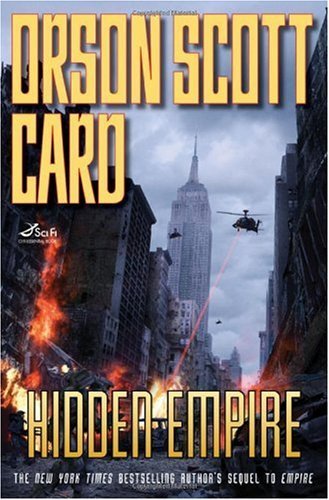What do you think?
Rate this book


336 pages, Hardcover
First published October 21, 2009
“I know what Jesus would do,” SAID Annie. “No you don’t,” SAID Lettie. “Absolutely I do too,” SAID Annie. “He always healed the sick.” “Because he could,” SAID Lettie. “He could do miracles.” “Our scientists are working as fast as they can on a vaccine and a cure,” SAID Cecily. “And meanwhile we’re telling Africans to take a couple of Advils and call us in the morning?” SAID Lettie
“I don’t know about that,” said Cole.(The lead-in to two paragraphs, one immediately after the other.)
They followed her up the stairs naming even-more-disgusting Jell-O flavors; Cecily didn’t have the heart to tell them that some of them were real, at least according to stories about church suppers from her Protestant friends. Like carrots in orange Jell-O. And minimarshmallows in lime. But Lettie topped them all with her suggestion of “athlete’s foot in licorice Jell-O.” Cecily was laughing in spite of herself as she closed the door and locked it.
There was no mention of Cole’s presence and certainly without anyone speaking to him.
The foliage didn’t know it was supposed to get out of the way, and it had a nasty habit of hiding awkward geo graph i cal features.
...it would feel like anticlimax.
“Well, Cole, by your standard, your worse off than I am, since you don’t have any part of that.”
All the people living in those places were steeling themselves for the possibility of evacuation, devastation, rebuilding. Cecily saw herself in a hurricane. Rushing with her minivan full of children, trying to get out of town as the storm surge battered against the coast. In the passenger seat, Nick was shouting.
It was just a dream. But it felt like so much more than a dream. It felt like an answer. It felt to her as if she had been given this dream to make things clear to her.
Or maybe she was supposed to learn from it that the hurricane strikes where it will, and when it will, and to spend your life trying to keep your kids away from the hurricane won’t work. The hurricane will find them. They’ll plunge right into it. All you can do is prepare them to be brave and good and make the best of whatever comes to them.
Chinma stood up, turned his back, and raised up his shirt. He knew what they would see, because other nonfavorite children in his family bore similar scars, though perhaps he had the most. Lettie said nothing at all. Chinma lowered his shirt and turned back to face her. “I didn’t know,” said Lettie quietly. “I’m sorry.” “Good heavens,” said Aunt Margaret. “The child has a spark of empathy after all. Come, Chinma. Let’s get you packed.”
Rusty had a horrible image of a man with all his bones removed, before he remembered that “Bones” was the unofficial nickname soldiers were giving the exoskeletons that were being prototyped. He had vaguely understood that they were being tested in Africa, but he had some idea of them being experimental. [...:]
As soon as it was engaged with the Bones, Coleman started clicking and smacking his lips—commands to the helmet and exoskeleton, Rusty knew from what he’d seen and read before.